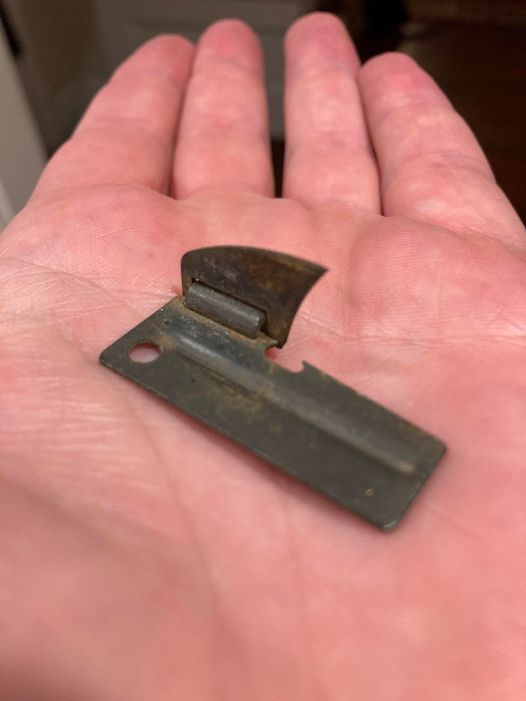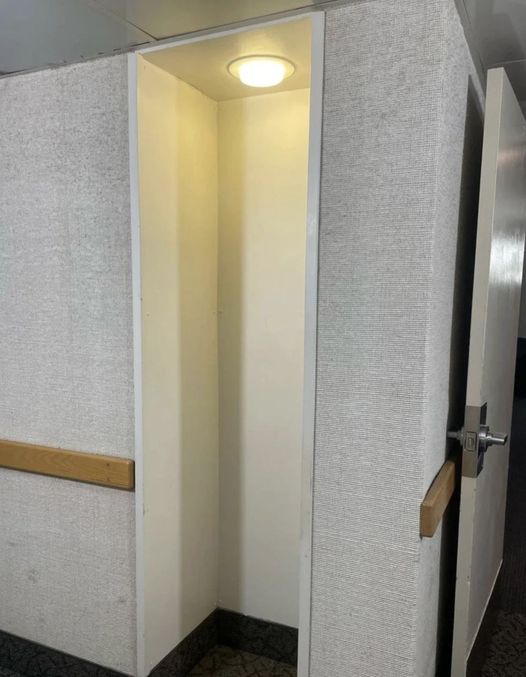Colorectal cancer is a significant health concern affecting many women in the United States. It is the third most common cancer globally, following lung and breast cancer. While it has a slightly lower risk for women compared to men, approximately one in every twenty-five women in the US will be diagnosed with this disease during her lifetime.

Recently, the passing of actress Kirstie Alley at the age of 71 due to colon cancer has brought attention to the importance of early detection. Her family revealed that she had only discovered her diagnosis shortly before her death. This unfortunate event highlights the need for women to be aware of the disease and the significance of regular screenings.
The Rising Concern
Traditionally, colon cancer has been associated with individuals over the age of 50. However, since the mid-1990s, there has been an increase in new cases among adults under the age of 50. Fight CRC, a national colorectal cancer advocacy organization, reports this concerning trend. This emphasizes the importance of early detection through screening, regardless of age.
Detecting and Treating Colon Cancer
Detecting colon cancer at an early stage is crucial for better treatment outcomes. When diagnosed and treated early, before it spreads beyond the large intestine or rectum, patients tend to have more favorable prognoses. This is why regular screenings are highly recommended.
The American Cancer Society advises adults aged 45 and above to have regular colon cancer screenings, such as stool analyses or colonoscopies. It is essential to be aware of the symptoms that may indicate colon cancer, including a change in bowel movements, rectal bleeding, dark stools, unexplained weight loss, cramping, and excessive fatigue. If you experience any of these symptoms, it is crucial to consult a doctor promptly.

Unique Considerations for Women
While most symptoms of colon cancer are similar in both men and women, some women may mistake abdominal cramping, lack of energy, and excessive fatigue as menstrual symptoms. Healthline advises women to consult with their doctors if these symptoms occur unrelated to their menstrual cycle or if they arise for the first time, even during their cycle.

Additionally, having a family history of colorectal cancer increases the risk. Fight CRC recommends that anyone with a family history of the disease should start screening ten years before the youngest affected relative’s diagnosis. It is also important to note that the risk of all cancers increases after menopause, making it even more crucial to prioritize regular screenings.
Early detection plays a vital role in improving colorectal cancer outcomes. By staying proactive and informed, women can protect their health and wellbeing. Remember, regular screenings can make all the difference.





